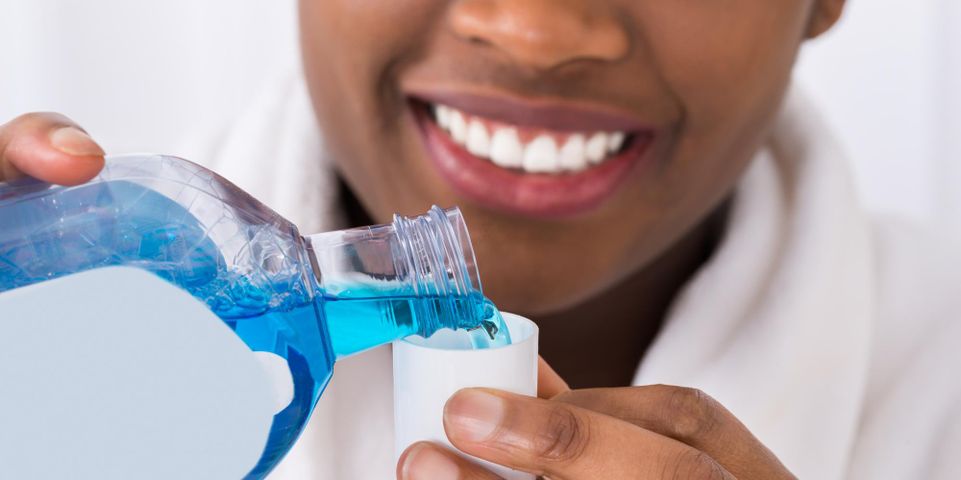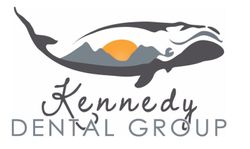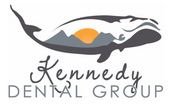
Dentists can attest that brushing and flossing diligently are the foundation of excellent oral hygiene. To ensure optimal oral health, it’s also advisable to rinse with mouthwash as part of your routine. If you don’t currently use one, here’s what you should know about adding mouthwash to your regimen.
How Does Using Mouthwash Improve Oral Health?
Mouthwash can effectively flush away food particles that brushing and flossing miss. If problematic particles remain on the teeth or tongue, they provide a steady food supply for bacteria, which can cause oral health issues like halitosis and gingivitis. Bacteria also contribute to decay because they produce an acidic substance that wears away tooth enamel.
How Can You Maximize the Benefits of Mouthwash?
 For total cavity prevention, many dentists encourage patients to use a rinse that contains fluoride. Fluoride combats decay by remineralizing the teeth. It’s also advisable to look for a formula that’s antimicrobial, since it will better combat gum disease.
For total cavity prevention, many dentists encourage patients to use a rinse that contains fluoride. Fluoride combats decay by remineralizing the teeth. It’s also advisable to look for a formula that’s antimicrobial, since it will better combat gum disease.
There are also formulas that can remove superficial staining and combat bad breath. However, prioritize fluoride and antimicrobial ingredients for optimal oral health.
When using the rinse, follow the instructions carefully. Once or twice a day, after brushing and flossing, swish the recommended amount around in your mouth for the instructed time (typically 30 seconds to one minute). Then, spit it out, and avoid beverages for up to an hour afterward so that the formula has time to work.
In addition to brushing, flossing, and rinsing with mouthwash, you should visit a dentist periodically for thorough cleanings and exams. If you’re due for an appointment, contact Kennedy Dental Group in Anchorage, AK, for comprehensive care. This family practice is backed by more than 40 years of experience. Their friendly team provides personalized and attentive care to each patient. To explore their services, visit their website. To make an appointment, call (907) 277-5684. 
About the Business
Have a question? Ask the experts!
Send your question

